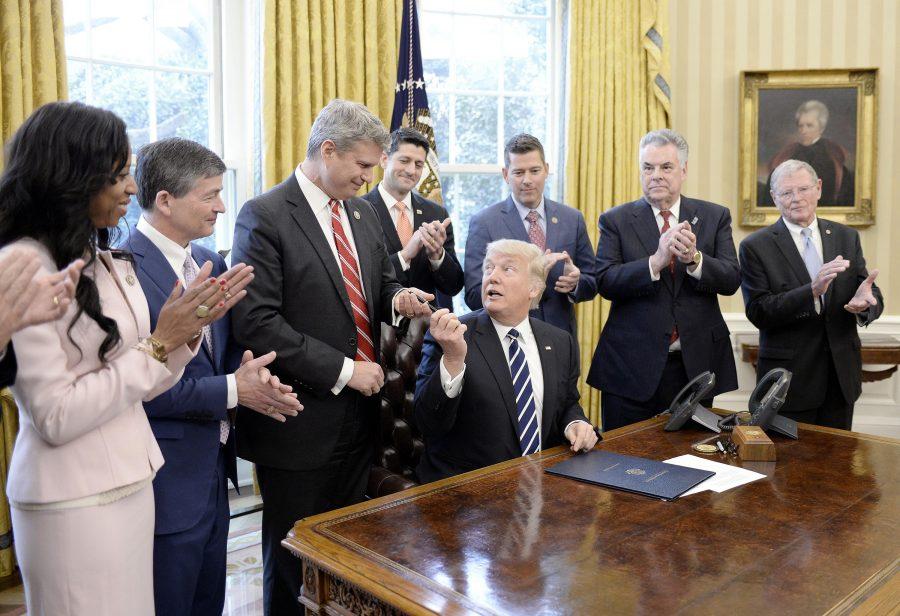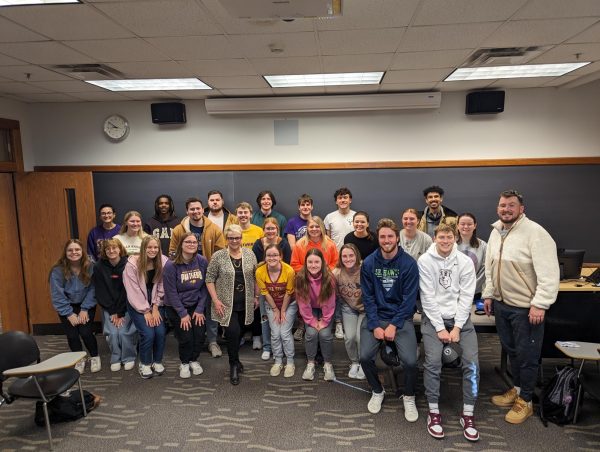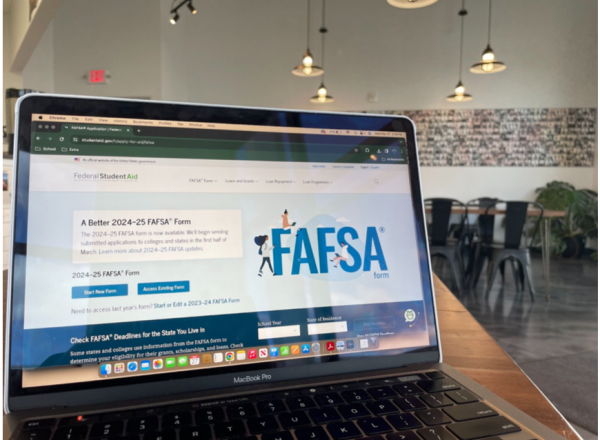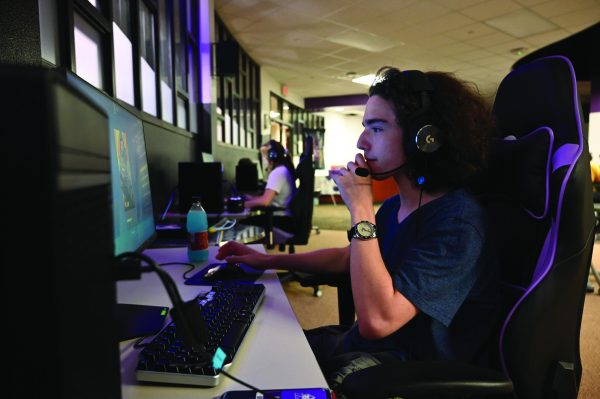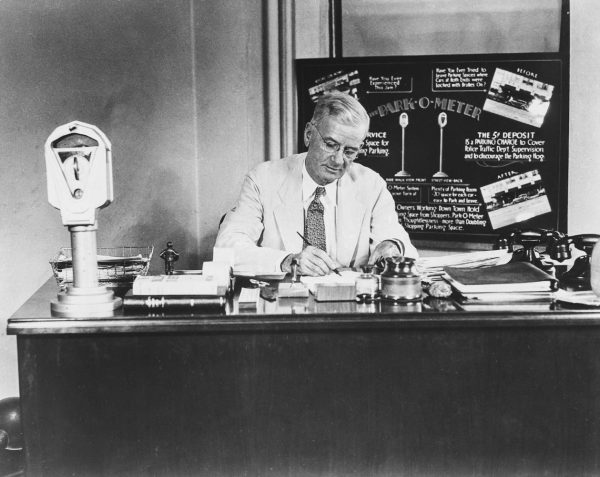Students respond to travel ban
President Trump signed an executive order on Jan. 27 banning travel to and from seven Muslim-majority countries, impacting lives across the US.
Feb 16, 2017
President Trump recently signed an executive order restricting travel to the United States by people from seven Muslim-majority countries. As a result, ripples of concern are being felt among the Muslim students here at UNI.
Amidst fears of not being able to return to the US to continue their education, some students have resorted to canceling their trips to their home countries this summer.
Zubair Naeem, president of the UNI Pakistan Student Association, cancelled his trip to Pakistan this summer despite Pakistan not being on the travel ban list.
“It’s quite sad to hear Muslim international students question […] whether or not to go home over the summer to visit their families or stay within the States in fear of not being able to come back,” Naeem said. “This ban is simply cruel for the international students who are here for the sole purpose of their education.”
Evan Renfro, who is an associate professor of political science at UNI, expressed his concerns that the 9th Circuit Court’s order to nullify the executive order may offer only temporary relief and the ban might come back.
“The Circuit Court hinted that the executive order in its current form is poorly drafted and they may allow it if it’s written appropriately,” Renfro said. Renfro added that the Trump administration could have easily made an exception for students and academia in his order. “It hurts us that our colleagues [from ban-affected countries] are unable to attend conferences and provide their valuable inputs.”
President Trump’s executive order was recently halted by the 9th Circuit Federal Appellate Court, but President Trump made it clear that he intends to oppose the court’s ruling, saying in a tweet “See you in court, the security of our nation is at stake!”
A UNI staff member from Iraq, who requested he remain anonymous, said that his father had plans to visit him this year but he canceled his plans because of the ban. He said that he has not seen his parents in two years and he is grieved that he has to choose between his career and seeing his family.
“I miss them dearly and I wish I did not have to choose between my education and visiting my family. I don’t even know why we are being [banned] as we are victims of terrorism as well.”
Nook sent out an email statement regarding the ban and advised students and faculty members from the ban-affected countries to not travel outside the US. Nook also advised the international students at the Northern Iowa Student Government (NISG) senate meeting to contact International Student Programs about their travel plans.
Nadir Khan, lower cabinet director of NISG for International Affairs, said his family is concerned about him as they feel Muslims are being targeted in the US.
“My mom has now been calling me more than before after she heard about the ban,” Nadir says. He is concerned about the ban but the support from UNI has made him feel safe and welcome.
“As a member of NISG, I’ve actively been involved with the UNI community, and together with NISG and faculty members, we have planned a lot of initiatives to make international students from all countries and religions feel welcome here,” Khan said. “I’ve been assisting the Associate Director of Admissions Kristi Marchesani’s initiative called #You’reWelcomeHere to let the prospective and current UNI students know that we support them.”


